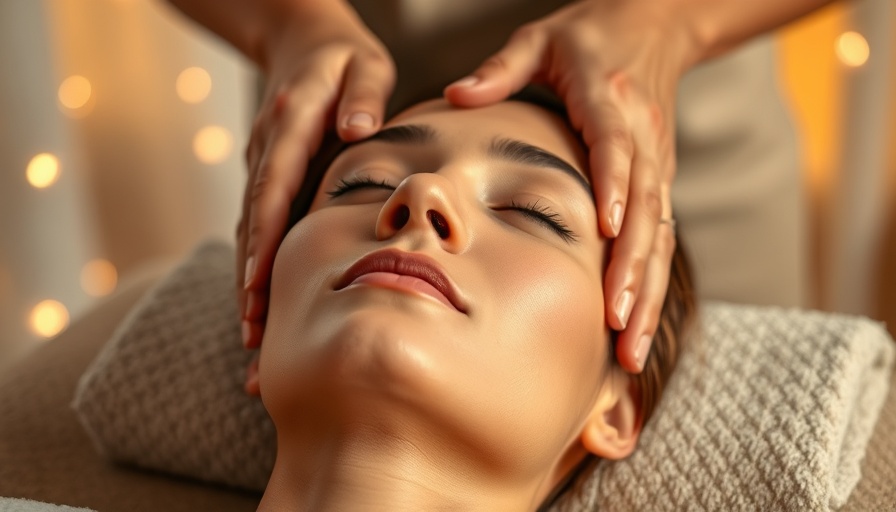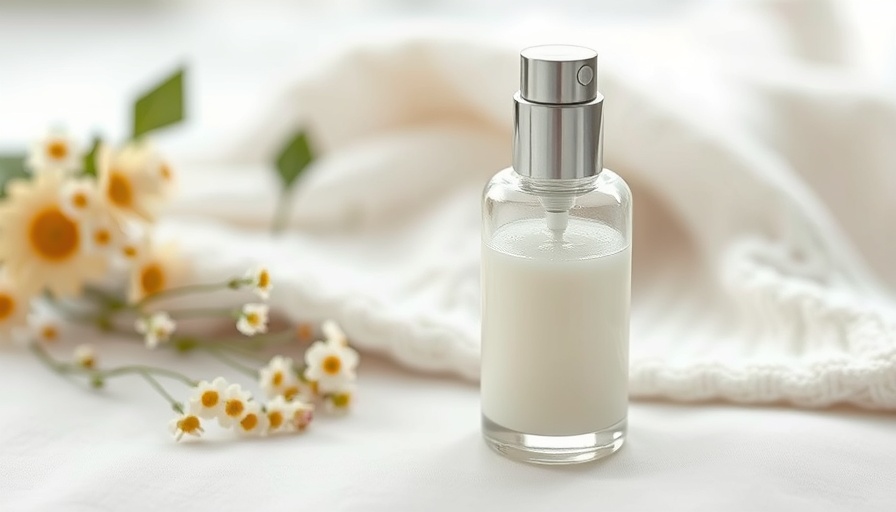
Debunking the Myths: Tanning and Acne
As summer approaches, many of us envision warm sun-kissed skin. However, the idea that tanning can help with acne is a prevalent myth that stands to be debunked. While tanning might provide a temporary cover-up for blemishes, the reality is much harsher. The sun's rays can cause your skin to become dehydrated, leading your complexion to look less oily but ultimately provoking more oily skin and breakouts later on.
When your skin dries out due to tanning, your body's natural response is to produce more oil to compensate, which can lead to an increase in acne. Furthermore, though people might notice an initial reduction in visible acne due to the temporary browning effect, this is purely cosmetic. True improvement in skin condition must come from other methods.
Understanding the Science of Sun Exposure
To understand why tanning is not a solution for acne, it's essential to consider how sunlight interacts with our skin. Many mistakenly believe that sunlight can kill acne-causing bacteria. While some studies suggest a minimal reduction in bacteria due to exposure to sunlight, any potential benefits are fleeting and do not outweigh the harmful effects of UV radiation.
Both natural sunlight and tanning beds emit UV rays that can saturate the skin, leading to long-term damage, such as premature aging and various forms of skin cancer, including melanoma and basal cell carcinoma. Dermatologists agree that there is no safe way to tan—whether it's from the sun or artificial sources.
Why Tanning Beds Are Not a Safe Alternative
Another common misconception is the belief that tanning beds are safer than natural sunlight. In reality, they can often emit stronger ultraviolet rays. Tanning beds primarily release UVA, which penetrates deeper into the skin than UVB, amplifying the risk of photoaging and potentially aggressive skin cancer.
Those seeking to improve acne may think tanning beds provide a viable shortcut when, in truth, they only increase the likelihood of further complications in skin health. Therefore, it is vital to prioritize skincare strategies that are informed by scientific findings over trendy but harmful practices.
Expert Opinions on Safe Alternatives
With the overwhelming evidence against tanning for acne improvement, dermatologists advocate for alternative skincare solutions. Instead of exposing your skin to harmful UV rays, consider investing in products designed to manage acne safely. Ingredients such as salicylic acid and benzoyl peroxide can target breakouts without causing further skin damage. Consulting with a skin care expert or visiting a reputable med spa, like those in Pittsburgh, can provide personalized solutions tailored to your skin's needs.
Additionally, maintaining a regular skincare routine, staying hydrated, and using non-comedogenic products helps keep acne under control.
Real Stories: The Dangers of Tanning Culture
Many individuals have stories of regret about their tanning choices. A young woman shared that she relied on tanning during her teenage years to help manage acne. “I thought I looked better with a tan,” she confessed. “But I ended up with sunspots and even more breakouts.” This narrative resonates with many skincare enthusiasts who initially turn to tanning, not realizing its long-term effects.
The journey towards healthy skin can feel daunting, but it doesn’t require harmful practices. Choosing holistic and safe options not only aids in improving skin health but also fosters a positive self-image.
Pittsburgh Med Spas Have Solutions Tailored for You
If you find yourself struggling with acne or seeking advice on skin care, Pittsburgh hosts many exceptional med spas that offer specialized treatments tailored to your unique needs. These facilities, like the renowned Bella Med Spa and Glow Med Spa, provide access to experienced dermatologists and cutting-edge treatments, ensuring you find the most effective, safe approach to managing your skin concerns.
Conclusion: Make Informed Choices for Your Skin
The quest for clear skin can lead many to consider tanning as a temporary fix for acne, but as the evidence showcases, the risks far outweigh the fleeting cosmetic benefits. Proper skincare is about nurturing your skin, rather than masking it under layer after layer of tan. Embrace safe practices and consult with dermatological experts to find the best route to achieving that radiant glow that comes from healthy skin.
Each choice in your skincare routine impacts your skin's future. Transition away from harmful tanning practices today, and explore holistic options that promote both beauty and well-being!
 Add Row
Add Row  Add
Add 



Write A Comment